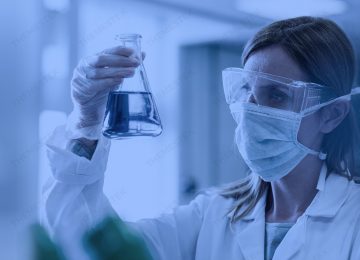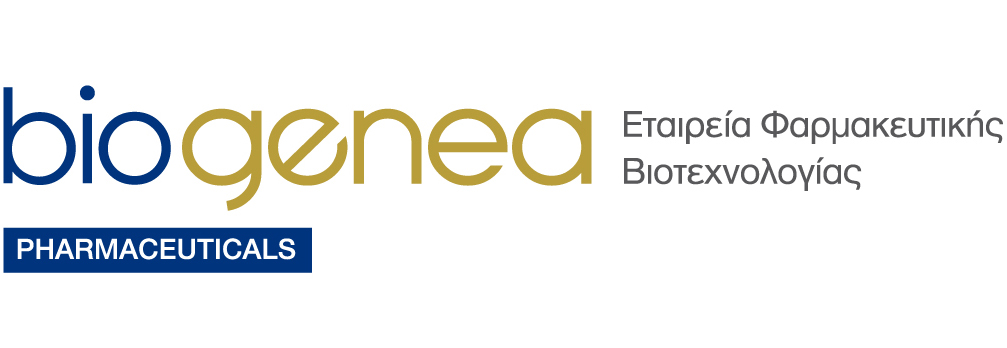

Familial storage of umbilical tissue stem cells
Cordigenea – the innovative service of the Pharmaceutical Biotechnology company biogenea pharmaceuticals Ltd – enables the isolation of mesenchymal stem cells from the umbilical cord of newborns, for the purpose of cryopreservation and their possible use in the future after extracorporeal cell proliferation (ex-vivo cell expansion).
The procedure is simple, performed at the end of labor by specialized staff and is completely painless and safe for both the newborn and the mother. The service includes the following stages:
Wharton’s Jelly is the tissue peripherally of the two umbilical arteries and the umbilical vein.The umbilical cord is collected by the treating physician during the labor process. The sample is 5-7 cm in size and is transported to the laboratory facilities of biogenea pharmaceuticals Ltd in a special collection package (Cordigenea collection kit) in a special liquid medium.
Umbilical cord samples undergo immediate proccessing of Wharton’s Jelly mesenchymal stem cells isolation The processing protocol has been used in international research studies and has been certified after multiple tests. This procedure is performed in completely aseptic conditions in specially designed spaces in the facilities of the company biogenea pharmaceuticals Ltd.
The main concern of the staff of biogenea pharmaceuticals Ltd is to ensure the quality of the services provided. In CordigeneaTM, qualitative and quantitative determination and control of the viability of the mesenchymal cell populations contained in each sample is performed by the method of flow cytometry.
Cell cultures of Wharton’s Jelly samples are tested for the possible development of infectious agents. Specifically, liquid culture is carried out under aerobic and anaerobic conditions in the BacT / ALERT automatic blood culture system of BioMerieux. In case of a positive sample, identification of the infectious agent and antibiogram follow.
The ultimate goal of the processing is to multiply the original population isolated from each Wharton’s Jelly sample. The increase in the number of mesenchymal stem cells is achieved by extracorporeal cell proliferation (ex-vivo cell expansion) in the state-of-the-art bioreactors of the company Regenetech acquired by biogenea pharmaceuticals Ltd and with the know-how of NASA.
Biogenea pharmaceuticals Ltd has the necessary know-how and infrastructure in the field of cryopreservation of stem cells at its disposal. Maintenance of the sample initially occurs by the method of gradual freezing with liquid nitrogen and then the samples are stored in liquid nitrogen tanks for at least 20 years.There is complete traceability of the stored samples, each of which has a unique barcode. In there is a need to use the primordial stem cells, the sample release procedure is followed which requires the written consent of the donor and a written request from the carrier (public or private, domestic or not) that autologous stem cells are necessary for supportive cell treatment. In this case the sample is properly thawed to avoid thermal and osmotic shock of the cells and can now be administered to the patient by a specialized doctor.
The use of stem cells of mesenchymal origin is a case of autologous transplantation. Potentially, stem cells isolated from Wharton’s Jelly can be used to treat many diseases as well as to rebuild many structures and organs of the human body. Applications will be available in the near future for the treatment of Parkinson’s disease, cardiovascular disease, reconstruction of damaged kidneys and a variety of still serious diseases, mainly as a supportive treatment.
Stem cells of mesenchymal origin are likely to be used for tissue regeneration in the future. At present, with existing data, mesenchymal stem cells due to their low immune response can be used during transplantation to avoid graft-versus-host (GVHD) response.

